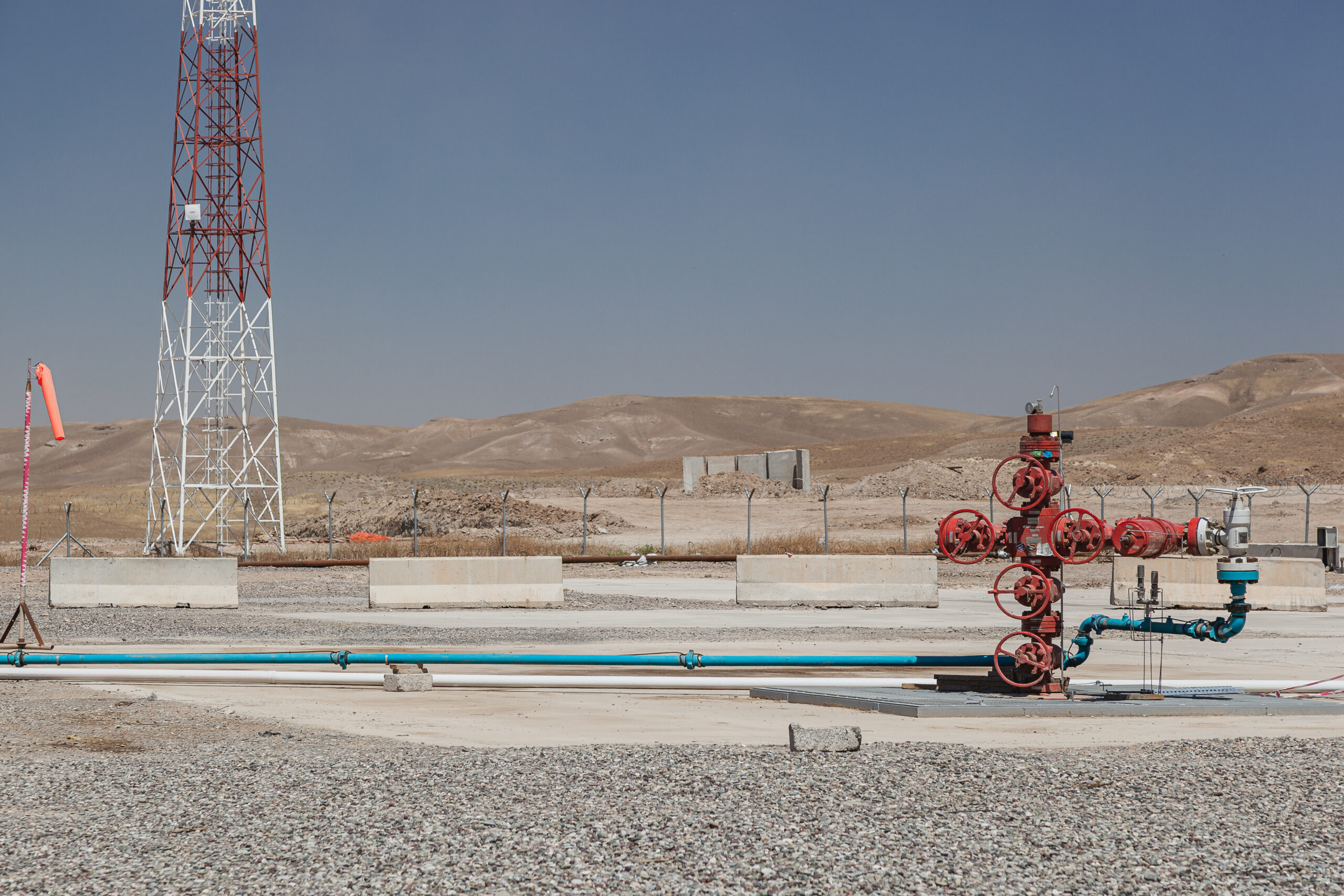Concerns mount over using gas for generators in Nigeria
The removal of a fuel subsidy led to higher fuel prices and affected the cost of living. Experts propose using gas as an alternative fuel option for generators in Nigeria but that raises safety, sustainability, and environmental concerns.

Nigerian President Bola Tinubu announced during his inaugural address the removal of the national fuel subsidy, citing a lack of budgetary allocation to sustain it for the second half of 2023. That has led some to suggest using gas as a replacement fuel for generators in Nigeria, which in turn raises climate and safety concerns.
Payments for subsidies increased significantly from N351 billion in 2005 to N4.39 trillion in 2022, and N3.6 trillion was set aside to pay for fuel subsidies in the first half of 2023.
The subsidy removal resulted in a sharp increase in fuel prices from N185 to an average price of N535, causing widespread panic fuel purchases.
Since then, there has been an increase in food prices and transportation for 133 million Nigerians who are multidimensionally poor and earn N30,000 as a minimum wage, the lowest in the world. Due to the adverse effect of the fuel subsidy removal, the World Bank projected that Nigeria’s inflation would hit 25 per cent in the coming months.
Based on energy poverty, 92 million out of over 200 million of Nigeria’s total population lack access to electricity, the lowest globally. Hence households and businesses rely on fuel-powered generators to meet their energy demand.
A power sector report noted that over 40 per cent of households in Nigeria own and use generators to meet their electricity requirements. It also stated that the affected households spent about $14 billion annually to fuel their generators as the power supply from the national grid continued to falter. An estimated 60 million people own generators to provide electricity for their homes and businesses.
To seek alternative solutions to cushion the effect of a sharp increase in fuel prices for businesses and households in Nigeria, experts suggested using Liquified Petroleum Gas (LPG) or Compressed Natural Gas (CNG) as an alternative to power generators.
This is connected with the drastic fall in the price of cooking gas that started in May, offering an unexpected and brief respite to households. The price of a 12.5 kg cooking gas cylinder dropped by 30 per cent due to lower crude oil prices and a decline in global gas prices.
The president of the Nigeria Liquefied Petroleum Gas Association, NLPGA, Felix Ekundayo, said using LPG is clean and emits less harmful fumes, and it’s also cheaper to get gas than the fuel price, which has skyrocketed.
Dr Ayodele Oni, a partner at Bloomfield Law Practice, said the usage of LPG is also being spurred by the gas potential of Nigeria and a push to take advantage of the country’s natural gas potential as much as crude oil. The oil and gas advisor said the conversation to move on from huge reliance on PMS to other alternatives, especially natural gas, has also been pushed globally, especially with the declaration of natural gas as the transition fuel.
Safety concerns
Etulan Adu, an oil and gas production engineer at Italian major Eni, said that with huge natural gas reserves, gas-to-power solutions in electricity generation is a promising pathway for economic growth and development. He noted that it is attractive, promising, and cost-effective for general home use to displace diesel and petrol generators. However, he said the concerns would lie around safety.
“How these generators are made locally and the usage calls for safety concerns in terms of potential fire and explosions. Design consideration is critical in making this solution general to the masses.”
Citing the advantages of using gas as an alternative fuel, he said it would help reduce emissions compared to diesel or petrol generators and lower operation costs, but he also suggested renewables like solar power would help.
He commented: “one major alternative to gas in powering households is solar energy which is becoming common in Nigeria. The reduction in solar panels, battery and installation costs would encourage further use.“
Dr Oni noted that reliance on natural gas would increase energy security for Nigeria, considering the energy crisis issues. “This would generally reduce the reliance on conventional fuel and diesel in a country like Nigeria. The crude oil market is subject to varying market forces, leading to high volatility, and with huge reliance on gas, the market pressures on natural gas is substantially reduced.”
However, the Lagos State Government has also stressed the need for caution and proper handling in warning residents about the dangers of switching gasoline generators to LPG generators.
Adu said using gas is toxic and highly flammable, with possible explosions from leaks, and it also emits carbon dioxide, which is bad for the atmosphere.
“Transportation and storage can be costly and dangerous. Natural gas is more environment-friendly than other fossil fuels but still produces significantly more greenhouse gas emissions than natural gas alternatives. Storage and transportation leak methane into the atmosphere throughout the entire supply chain, increasing the amounts of methane in the atmosphere. Most natural gas extraction relies on hydraulic fracturing, which can damage natural habitats,” said Adu.
Dr Oni said that while natural gas produces fewer emissions of pollutants than coal or oil, it still produces greenhouse gases such as methane. He noted that these gases contribute to climate change, so natural gas is not a completely clean fuel.
He also added that: “Fracking is a controversial process that is used to extract natural gas from shale formations. It involves injecting water, sand, and chemicals at high pressure into the ground to break up the rock and release the gas. Fracking has been linked to environmental problems such as water contamination and air pollution.”
Alternatives to natural gas
Etulan said green hydrogen is a natural gas alternative that might help domestic consumers produce renewable energy, but the technology necessary is still in its early phase and that this energy source is more suitable for industrial purposes and transportation. Biogas is another alternative, he noted.
“Biogas is an effective natural gas alternative that can be quickly produced for individual users and at scale to serve communities. Home biogas solutions make it possible to generate biogas from organic waste to achieve a self-sufficient lifestyle, achieve energy resilience, and reduce your carbon footprint.
“Biogas has huge prospects in Nigeria, with 180 million birds and 20.7 million herds of cattle, Nigeria has the second-highest poultry population and sixth-largest cattle population in Africa – great potential for biogas use for electricity, as do countries like India and Sweden.
“By providing thermal energy, biogas can also be used for cooking, replacing LPG. Biogas can be used to power generators at home as an alternative to LPG,” he said.
Reporting by Samuel Ajala; editing by Sophie Davies.



